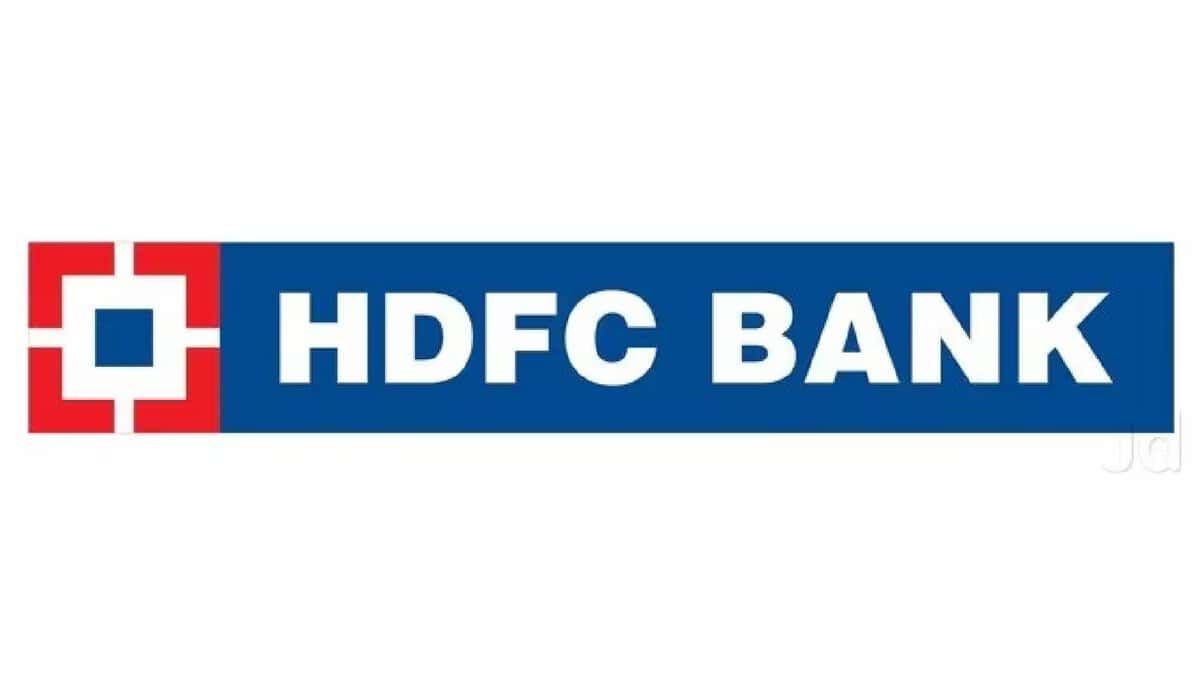
HDFC Bank, India’s leading private sector lender, is reportedly being investigated in the United Arab Emirates (UAE) over allegations of mis‑selling high‑risk Credit Suisse Additional Tier 1 (AT1) bonds to clients across the region.
The investigation is being led by the Dubai Financial Services Authority (DFSA) and the UAE Central Bank.
The bonds in question are called AT1 bonds. They offer high returns but can be written off entirely if the issuing bank fails. This happened when Credit Suisse collapsed in 2023, leaving investors with nothing.
What are the complaints?
According to reports in Khaleej Times, Economic Times, Regulation Asia, and Moneycontrol, several investors—mainly non-resident Indians (NRIs)—have alleged that they were sold these risky instruments without being properly informed about the potential for total loss.
Some claim they were wrongly categorised as “professional investors”, which allowed the bank to avoid stricter protections required for retail clients.
Clients were approached by relationship managers in the UAE, received investment advice from advisers in the Dubai International Financial Centre (DIFC), and had their accounts booked through HDFC Bank’s Bahrain branch.
HDFC Bank’s response
It is reported that the bank has denied wrongdoing.
It says the investments were made at the clients’ request, and all risks were àproperly disclosed.
HDFC also said that investor classifications were accurate and procedures followed international standards.
This is not the first controversy involving AT1 bonds. A similar issue happened in India during the Yes Bank crisis in 2020.




